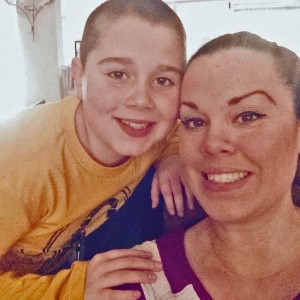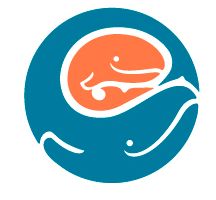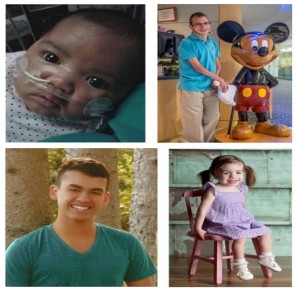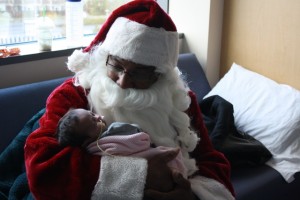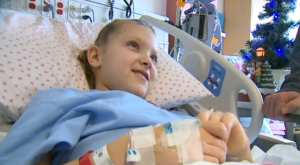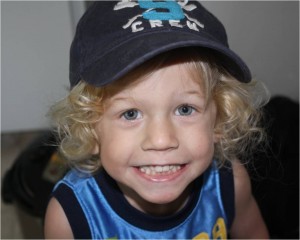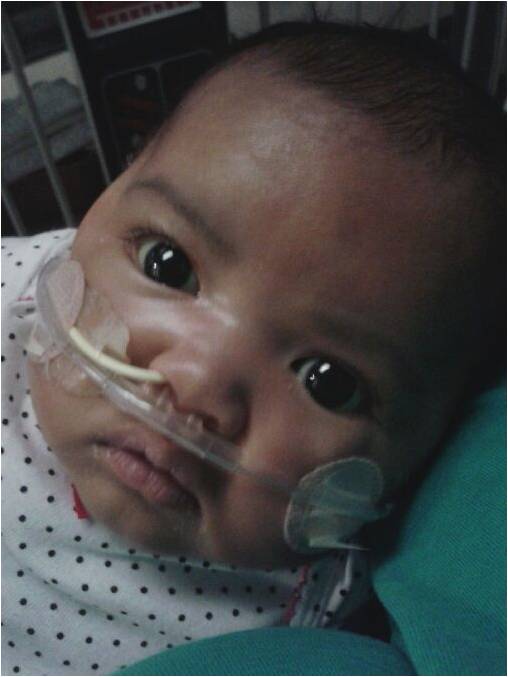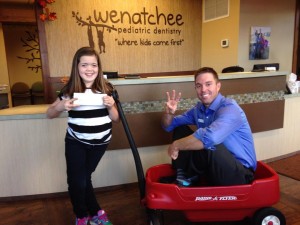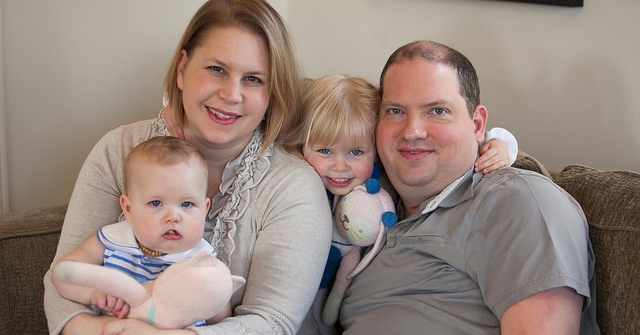Children who need a heart transplant face a frightening waiting game before a donor heart becomes available. They must live with a failing heart for months, or even years, as clinicians strive to keep them healthy enough for transplant. Nationally, these patients face the highest waiting list mortality in solid-organ transplantation medicine, with 17% of children […]
In honor of National Kawasaki Disease Awareness Day, we are sharing the story of William, a 10-year-old boy who lives with the disease, and why Seattle Children’s, an international leader in Kawasaki disease research, is the best place for children like William to receive treatment. In September, Jennifer Bevaart’s son William developed a fever that […]
As we head into the New Year, we’d like to reflect on some of the incredible clinical advancements of 2014 that show how our doctors have gone the extra mile for our patients. In the Children’s HealthLink Special video above, watch how futuristic medicine has saved the lives of the littlest patients at Seattle Children’s. From 3D-printed heart models to liquid ventilation, doctors […]
In honor of the New Year, we’re taking a look back at some of our most popular and memorable blog posts from 2014. Below is a list of our top 10 posts. Here’s to another great year of health news to come. Happy New Year! Lung Liquid Similar to One Used in Movie “The Abyss” […]
A hospital bed is not where most children wish to spend the holidays. They may worry Santa won’t be able to find them on Christmas. Fortunately, Seattle Children’s is Santa’s final – and favorite – stop along his Christmas route! Come Christmas morning, with his trusty elves in toe, he makes his way through the […]
Shopping for Christmas presents wasn’t something Josh and Sharon McPherson had a lot of time to think about this year. All of their time and energy was focused on their 9-year-old daughter Ella, who underwent brain surgery at Seattle Children’s Hospital earlier this week. With Christmas day quickly approaching, they didn’t know if they’d be […]
Sutton Piper, 3, was born with a metabolic disorder that made his muscles too weak for crawling, walking and talking. After being referred to Dr. Sihoun Hahn, a biochemical geneticist at Seattle Children’s, Sutton is bouncing on his mini-trampoline and chatting up a storm. Sutton Piper came into the world on his own terms: nine […]
Elise Pele had been in labor for hours awaiting the arrival of her baby girl, Tatiana, on the evening of Aug. 29. Elise remembers wanting desperately to hear her baby cry – a sign that everything was ok. But that cry never came. She saw Tatiana for only a few seconds before nurses rushed her […]
Four years ago, Makenna Schwab, 12, and her mother Melissa Schwab began brainstorming ways they could give back to Seattle Children’s Hospital, their home away from home throughout Makenna’s childhood. “I wanted to give back to the hospital that gave so much to me,” said Makenna. “Because of Seattle Children’s, I can walk and live […]
In 2014, Andy and Maggie Oberhofer, of Portland, Ore., faced the most difficult dilemma of their lives. Their baby daughter, Greta, was dying. She had been diagnosed with acute lymphoblastic leukemia when she was just three months old and standard treatments were not working. Her family prepared for the worst. “Greta had barely survived chemotherapy […]


